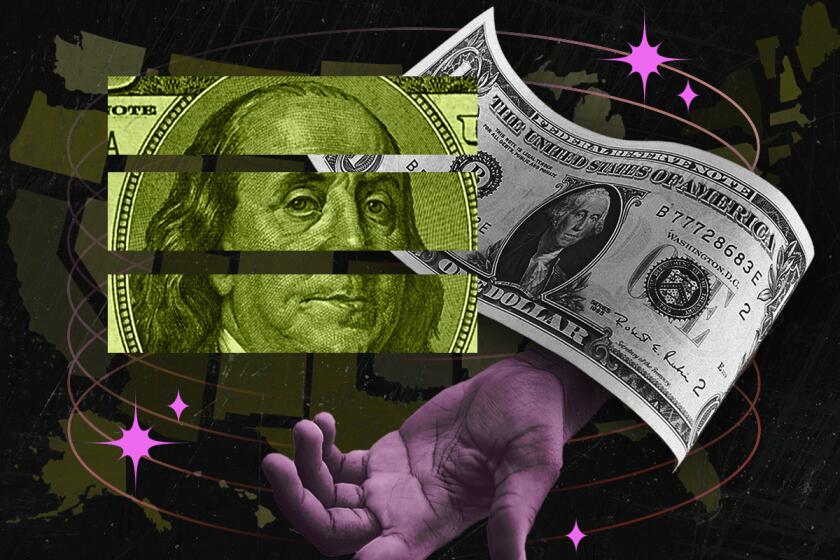
The wealth gap between white families and their Black and Latino counterparts has widened by more than $1 million, according to a new analysis by the Urban Institute, a nonpartisan think tank that focuses on economic and social policy research.
In 2022, the average wealth of white families was approximately $1.36 million; for Latino families, it was $227,544, and for Black families, $211,596. For Asian American households, the average was $1.8 million.
The data come from the 2022 Survey of Consumer Finances, conducted every three years by the Federal Reserve.
âWealth translates into opportunity. It translates into mobility. [Wealth] enables people to reach their full potential,â said Signe-Mary McKernan, vice president for labor, human services and population at the Urban Institute.
The analysis points to structural racism as a contributing factor to the widening wealth gap, singling out exclusionary homeownership policies such as redlining and racial covenants that have largely affected Black and Latino Americans.
âWealth inequities lie in the policies, programs and practices which created pathways to building wealth for white families while creating barriers for other families of color,â McKernan said.
The report highlighted stark differences in median wealth across racial lines.
White families have a median wealth of $284,310, more than four times that of Latinos ($62,120). Additionally, the analysis found that the wealth gap widens with age â on average, white families accumulate more wealth over their lives than Latino families in the same age group.
A new Brookings Metro report shows that white households in New York hold 40 times the wealth of Latino households.
The wealth differences are also clear in total earnings. The average white man earns $2.9 million over his lifetime, while the average Latina woman â the lowest paid among all racial and gender groups â earns $883,000.
Though education can make a difference in total lifetime earnings, McKernan says itâs not everything.
âEducation is seen as a silver bullet, and it will make a huge difference in your earnings, but what education doesnât do is close the wealth gaps,â McKernan said. This harrowing detail comes at a time when Latinos have had the fastest growth in advanced degrees of any racial or ethnic group in the last 20 years.
âIn a society that professes that those who work hard and play by the rules should be rewarded with social and economic upward mobility, this is a stark reminder that we still have work to do,â McKernan said.
Due to long-standing social and economic inequalities, Latino families have less retirement savings than white families. The average Latino family has liquid retirement savings of $120,318, versus $380,333 for white families.
Latino households are also less likely to have emergency savings â only one-third have funds set aside.
The report includes possible solutions to closing the racial gap, including early-life wealth-building accounts.
McKernan highlights California programs such as the Hope, Opportunity, Perseverance, and Empowerment for Children Trust Account Program, which aims to close the racial wealth gap for children who have lost a parent to COVID-19; the San Francisco Kindergarten to College program, the countryâs first universal child savings account program; and Oakland-Alameda Countyâs Brilliant Baby program, which sets up college savings accounts during infancy.
âWealth is not just for the wealthy. Wealth is insurance against tough times. Itâs tuition to get a better education and a better job. It is the capital to build a small business. Itâs savings to retire on, and itâs a springboard into the middle class,â McKernan said.
More to Read
The Latinx experience chronicled
Get the Latinx Files newsletter for stories that capture the multitudes within our communities.
You may occasionally receive promotional content from the Los Angeles Times.








